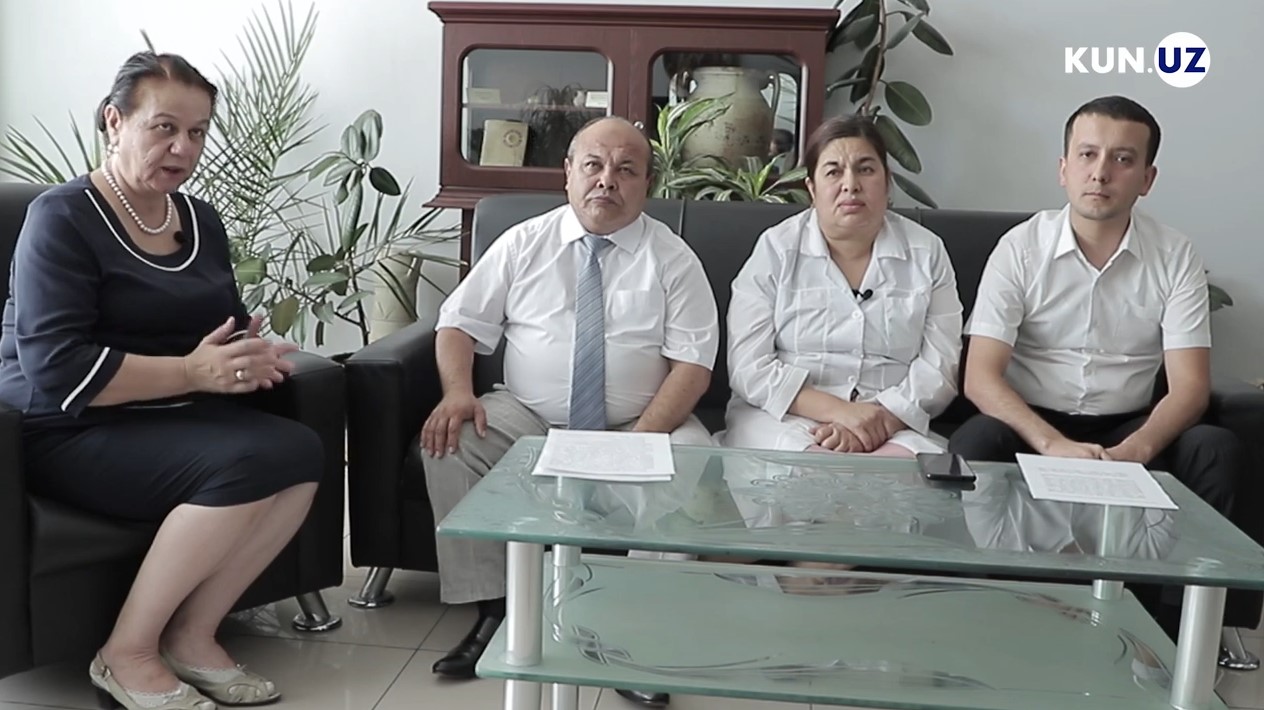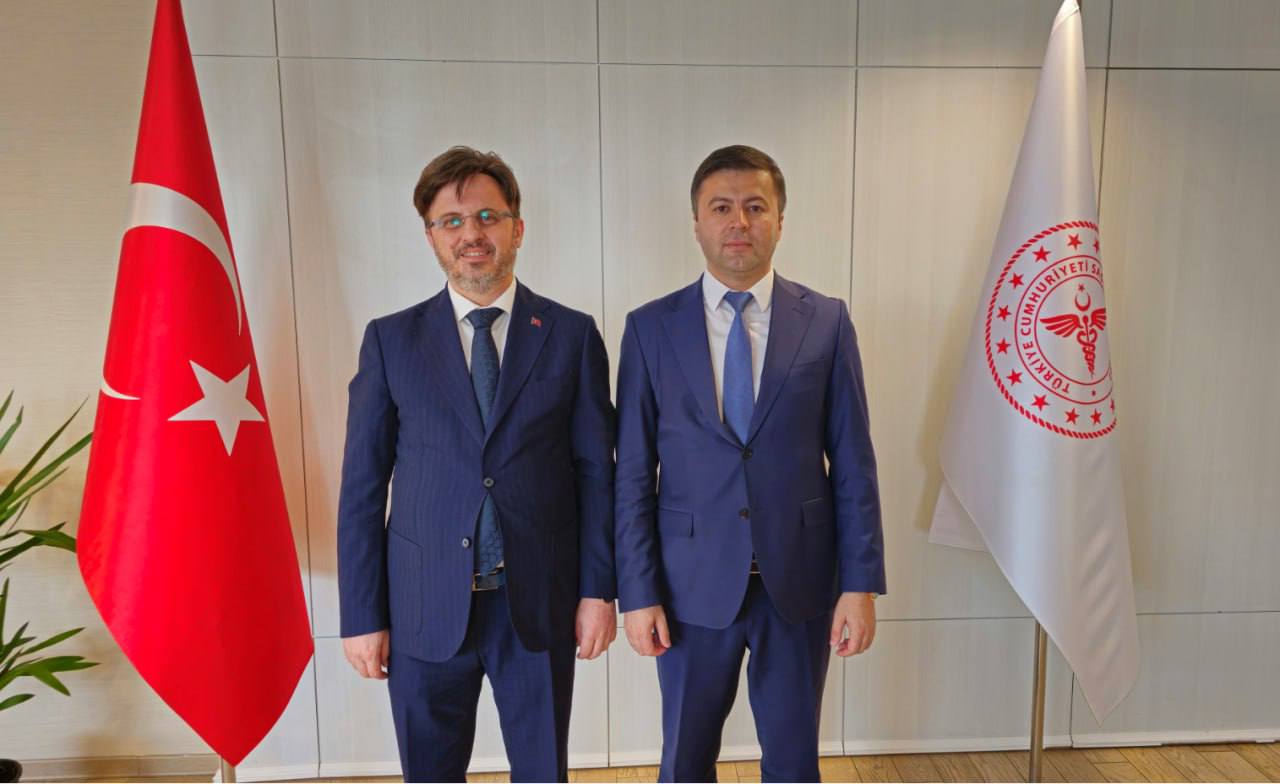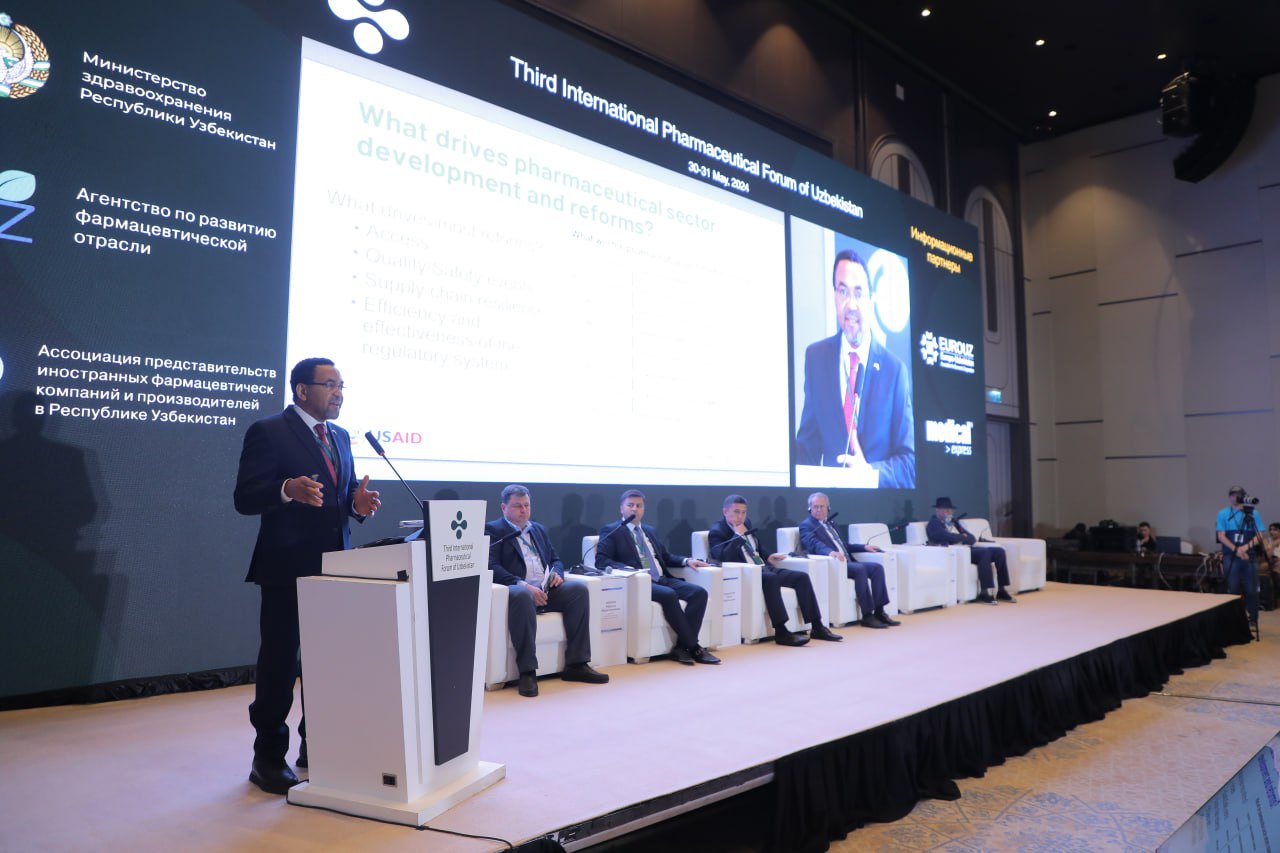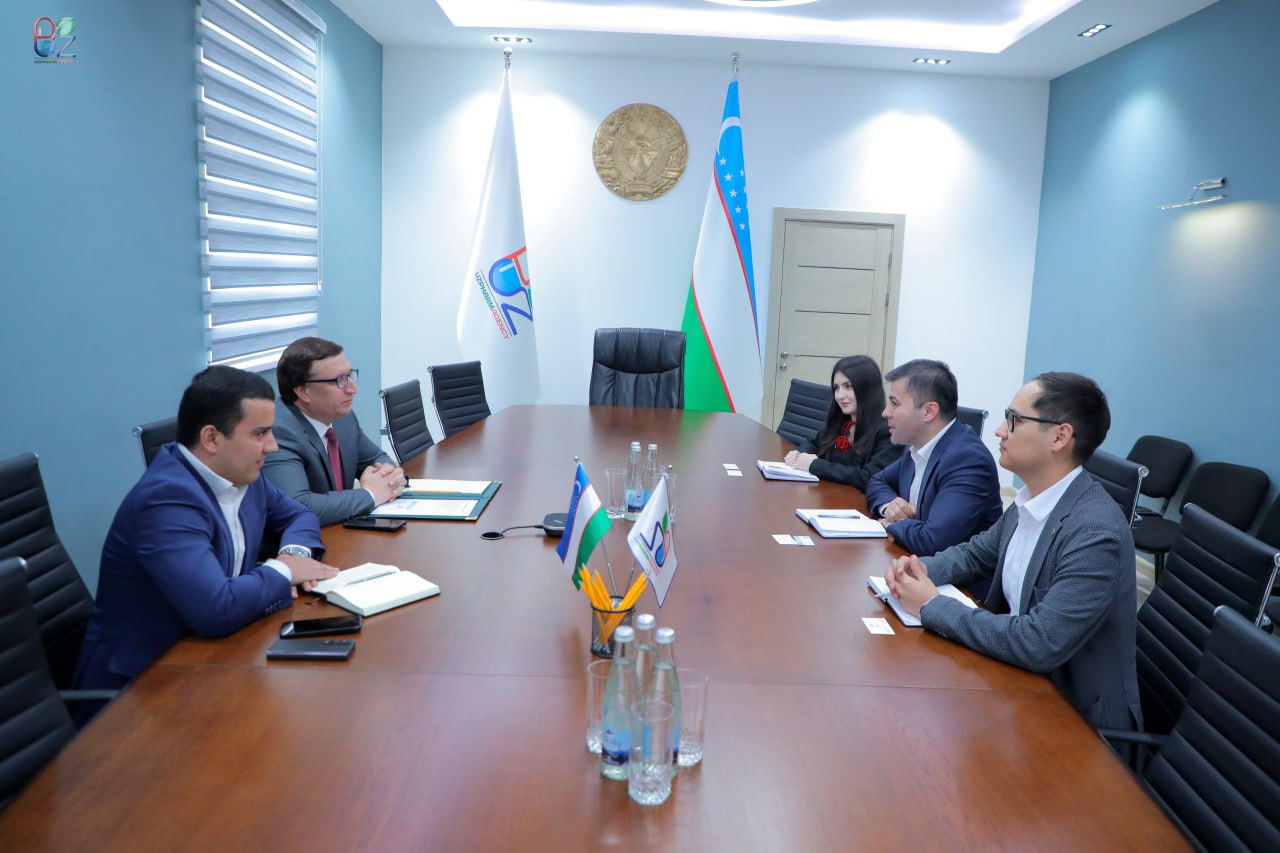Does the Translation into Uzbek of Instructions for Medical Use of Imported Medicines Meet the Requirements?
Uzbekistan imports medicines from many countries, including Russia, Ukraine, Belarus, Germany, France, Poland, Italy, Spain, India, China, Japan and South Korea. This means that their instructions are in those countries’ official languages. What is the process of their translation in Uzbekistan? In case of wrong translation, human life could be in danger.
So, how does the Pharmacological Committee control the flow of imported drugs into the country? Does the Uzbek translation of the instructions for imported drugs meet the requirements? Can consumers trust them? In general, what are the current issues in this area? Specialists from the State Center for Expertise and Standardization of Medicines, Medical Products and Medical Equipment of the Pharmaceutical Industry Development Agency answered the questions.
According to Olimjon Sadullayev, head of the Medical Product Certification Department of the State Center, before imported drugs reach pharmacies, they go through several stages. And they are as follows:
- medicinal product goes through state registration;
- the certification process: accredited laboratory tests medicines for compliance with international and local regulations. If the test is positive, the medicines receive certificates of conformity;
- proven medicinal products are delivered to pharmacies and allowed for use.
Muhabbat Ibragimova, head of the Information and Analytical Department of the Pharmaceutical Industry Development Agency, added that in order to import medicines, organizations must have a license for certification activities. “A completely different type of license is required for wholesale organizations or pharmacies. The documents submitted for registration of the import of a medicinal product into Uzbekistan must contain the text of the instruction for medical use in the Uzbek and Russian languages. In other words, if the instruction for use of a medicine imported from China is in Chinese, they must be translated into Uzbek and Russian before being imported into Uzbekistan. Then the Pharmacological Committee examines them. During this period, the translated Russian text of the instruction is being edited. Then the correspondence of the Russian and Uzbek texts is checked,” she said.
The specialists noted about the problematic points in the Uzbek medical terminology. One of them is the lack of updating of terminological dictionaries. Saidislom Abdullayev, deputy head of the Pharmacological Committee, spoke about this in detail.
“The glossary of medical terms edited by Feruz Nazirov, published in 2009, is already outdated. It lacks modern medical terms. In this dictionary, words are given without translation from Russian. Therefore, it is necessary to update not only this dictionary, but also the literature explaining other medical terms,” Saidislom Abdullayev noted.
Press Office, the Pharmaceutical Industry Development Agency






